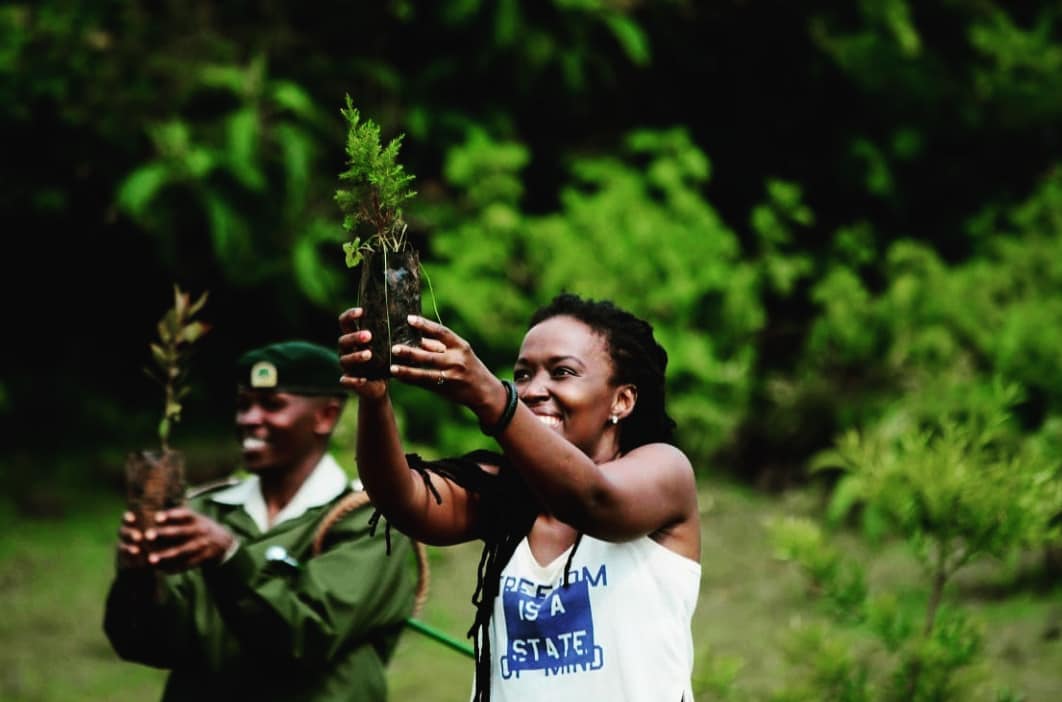 WWF Kenya
WWF Kenya
Restoring a degraded Kenyan landscape for people, nature and elite athletes
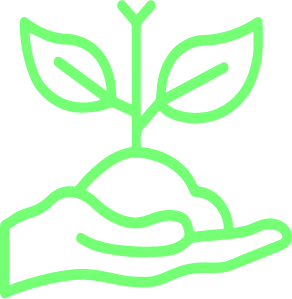
of forests and degraded land being restored

trained in climate smart agriculture, domestic biogas production, and tree nursery establishment and management

one school, one church and one mosque with access to clean water
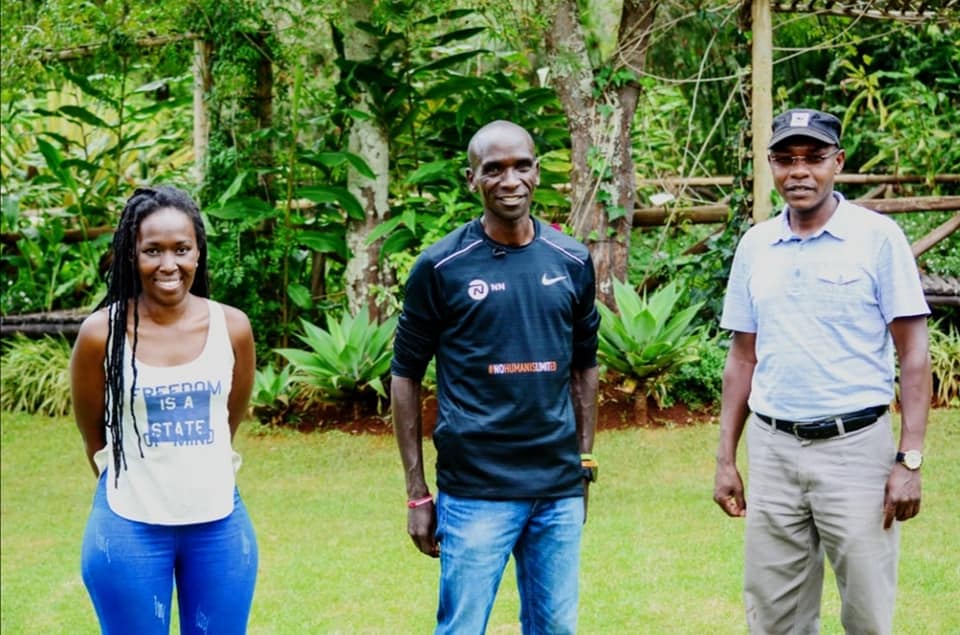
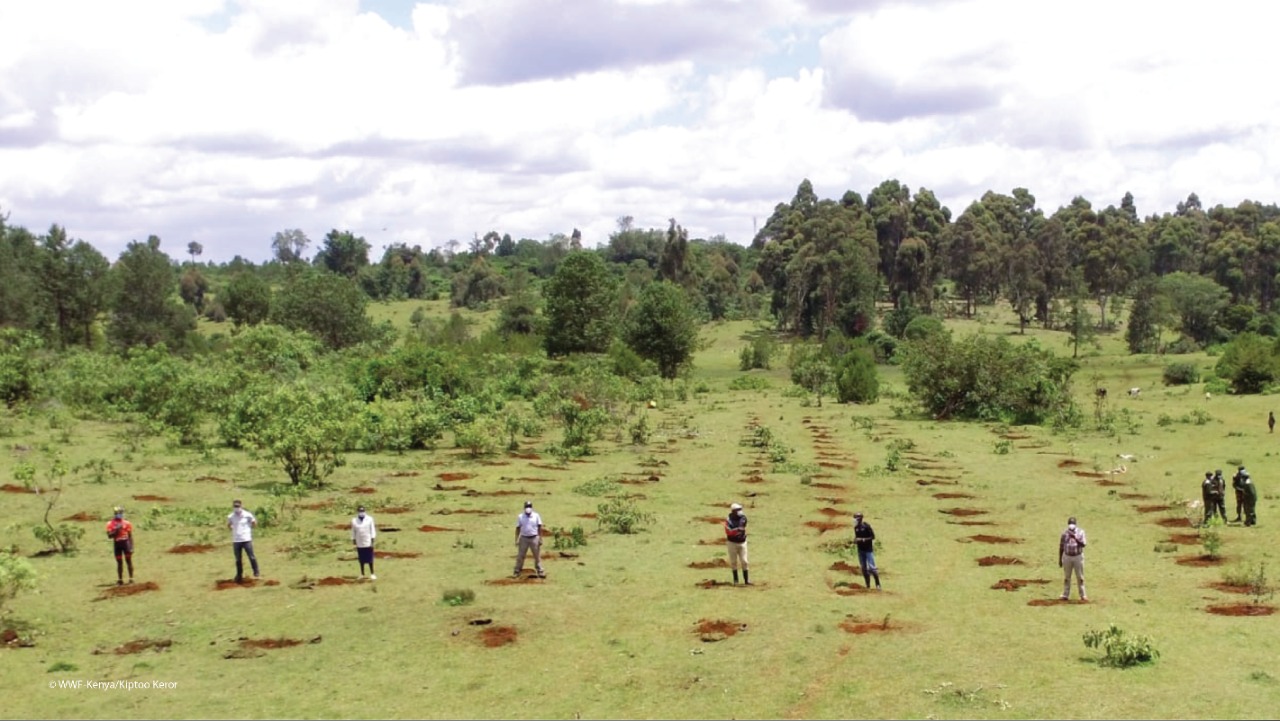
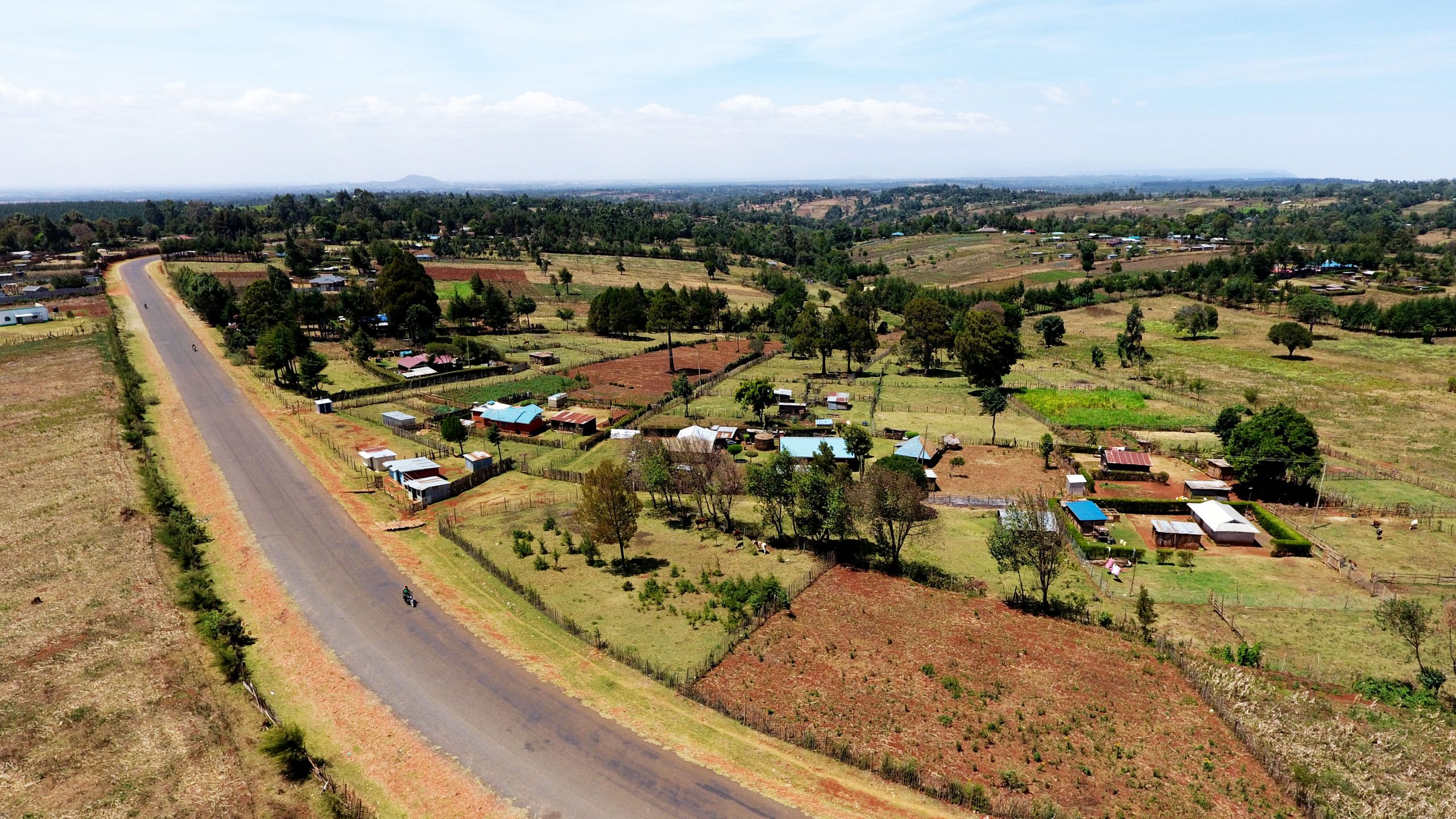
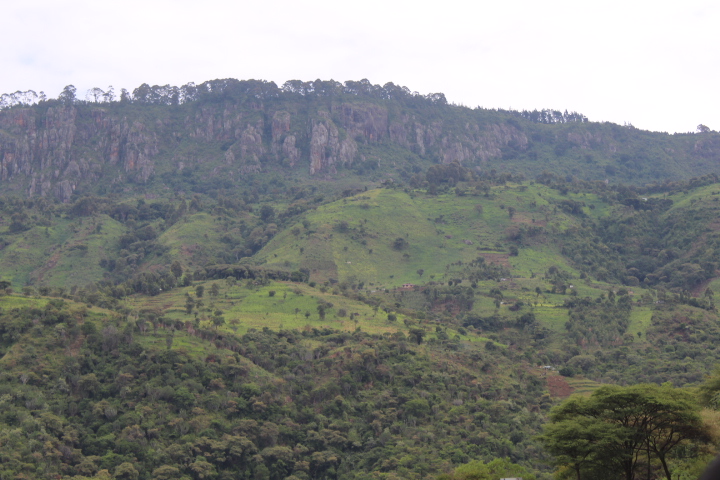


Trillion Trees partner, WWF, as part of UK PACT (Partnering for Accelerated Climate Transitions) programme (funded by the UK Government’s Department for Business, Energy and Industrial Strategy (BEIS) through the UK’s International Climate Finance); the Eliud Kipchoge Foundation and national and county governments and community-based organisations, is implementing ‘Greening Kaptagat: Establishing agroforestry and clean energy solutions within a forest-based landscape in Kenya’. This one-year project is laying the foundations for work over the coming years that will reduce emissions, contribute to poverty alleviation and address land degradation.
Watch media coverage of the wider #Keep Kenya Breathing project supported by WWF (19 June 2023)
An integrated landscape restoration plan has been developed which provides a road map to restore forests and farmlands, to enhance livelihoods of local communities and to improve biodiversity conservation and provision of ecosystem goods and services.
The project has been able to construct and install a solar-powered water pump, which supplies 172 households, a school, a church and a mosque with clean water, saving time they otherwise spend fetching water from the river. Through this project, the water catchment area along the spring will be protected through planting of native trees and controlling soil erosion, securing a continuous supply of water for the community.
The project has also trained 120 farmers on management of domestic biogas units and utilization of the gas, production of high-quality restoration materials (including tree and shrub seedlings and grasses), and climate-smart agriculture. For example, many farmers within the landscape keep livestock for milk production, with some of this livestock grazing in the forest. With biogas units, grazing pressure is reduced and dung provides stock feed for biogas production.
The 32,941 hectare Kaptagat landscape is part of the Elgeyo Hills-Cherangany Ecosystem and is an important carbon sink, water tower and livelihood source for local communities. The landscape is home to eight different communities that rely on the region for water, wood-based goods and agriculture, while also supporting the area’s rich biodiversity. It’s also home to a world-renowned, high-altitude training camp for elite athletes.
But this special place is under threat. Unsustainable use of forest products, overgrazing and charcoal production, inadequate regulation and inadequate alternative means of livelihood, mean forest cover and grassland areas are declining at an alarming rate.
The steep terrain and soil characteristics of the area exacerbate these pressures as the largely treeless farmland is highly vulnerable to degradation. The team has been working with Eliud Kipchoge – Olympic marathon champion, world record holder, and one of Kenya’s most celebrated runners who trains in Kaptagat – to raise the profile of the issues facing the region.
Lead Partner: WWF-UK
Additional partners: UK PACT (Partnering for Accelerated Climate Transitions) programme (funded by the UK Government’s Department for Business, Energy and Industrial Strategy (BEIS) through the UK’s International Climate Finance); the Eliud Kipchoge Foundation and national and county governments and community-based organisations